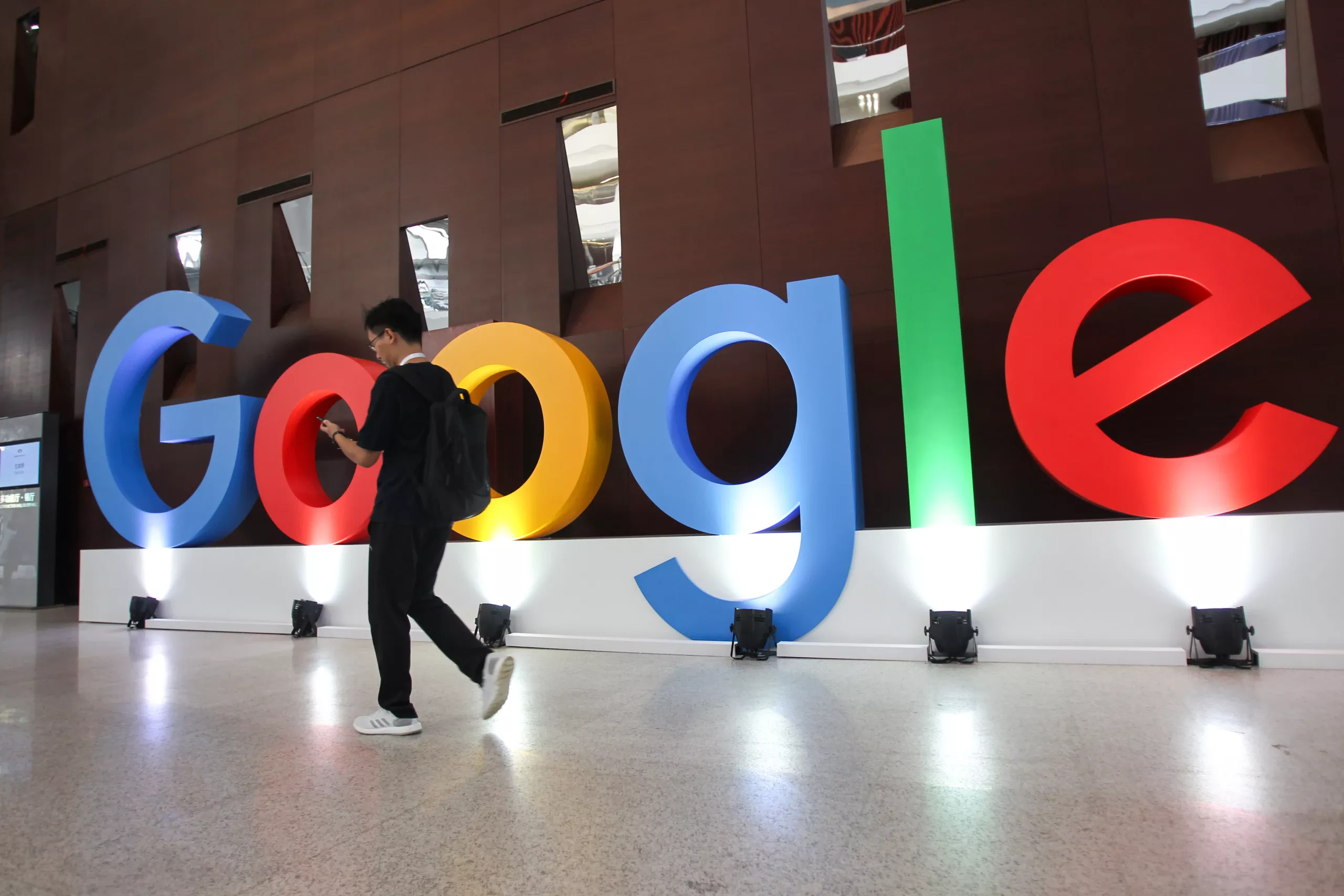
Hundreds of thousands of potentially damning internal conversations may have gone missing at Google, according to allegations from the Department of Justice. As the landmark antitrust trial over Google’s search engine monopoly winds down, this revelation could prove pivotal.
The DOJ alleges that Google instituted a policy encouraging employees to disable chat history and delete logs of discussions around sensitive business practices, such as revenue-sharing agreements and mobile app distribution deals. According to government lawyers, these conversations may have revealed Google’s intent to illegally exclude rivals and maintain its dominance in the search market.
Judge Amit Mehta expressed incredulity, not mincing words when addressing Google’s attorneys. He stated his surprise that a major tech company would deliberately destroy records like that. “Google’s document retention policy leaves a lot to be desired,” he remarked during Friday’s heated closing arguments.
The Justice Department has been forthright in its approach. It has asked Mehta to sanction Google by issuing harsh presumptions that the deleted chat logs contained evidence of anticompetitive conduct and monopolistic intent. Essentially, the government wants the court to assume the worst about those undisclosed conversations.
In Google’s defense, company lawyer Colette Connor argued that the DOJ has no proof that the lost chats were relevant to the case. She also claimed that Google had properly disclosed its chat retention practices to at least one state involved in the litigation: Texas.
But DOJ lawyer Kenneth Dintzer pushed back hard. He told the court that informing just one plaintiff didn’t fulfill Google’s obligations, asserting, “Only upon finding that the party acted with the intent to deprive another party of the information’s use in the litigation may the court presume that the lost information was unfavorable.”
The entire internal chat drama represents just one battleground in the larger war over Google’s alleged search engine monopoly. Throughout the trial, DOJ lawyers have sought to demonstrate that Google’s distribution deals with smartphone makers, browsers, and others illegally stifled competition – akin to the infamous Microsoft antitrust case from the late ’90s.
In a pointed remark, Dintzer claimed that the Google case “fits like a glove” with the Microsoft precedent. However, Google’s legal team vigorously pushed back, arguing that while Microsoft forced an inferior product onto users, Google prevailed by offering a superior search experience.
Now, the high-stakes case rests in Judge Mehta’s hands. If he rules against Google on the search monopoly claims, a separate proceeding will commence to determine potential remedies – which could even, theoretically, include breaking up pieces of Google’s business empire.
Regardless of the trial’s outcome, the battle is far from over. The DOJ has a second antitrust skirmish against Google’s ads business looming this fall.










